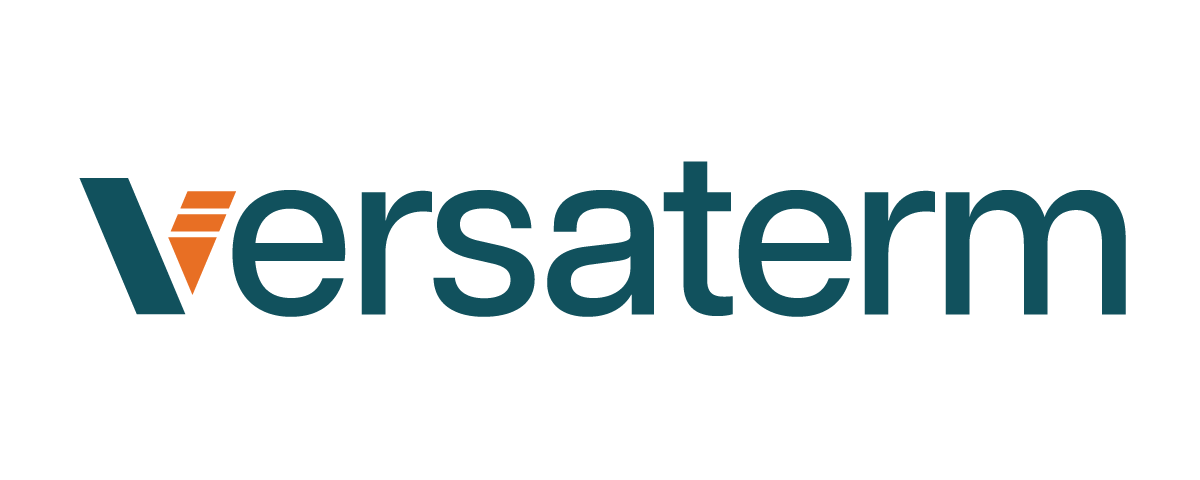
Explore Our Job Opportunities
Create a Job Alert
Level-up your career by having opportunities at Versaterm sent directly to your inbox.
Select...
Select...

Create a Job Alert
Level-up your career by having opportunities at Versaterm sent directly to your inbox.